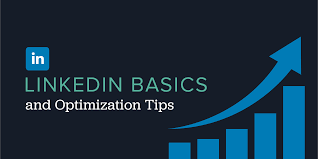Hello!
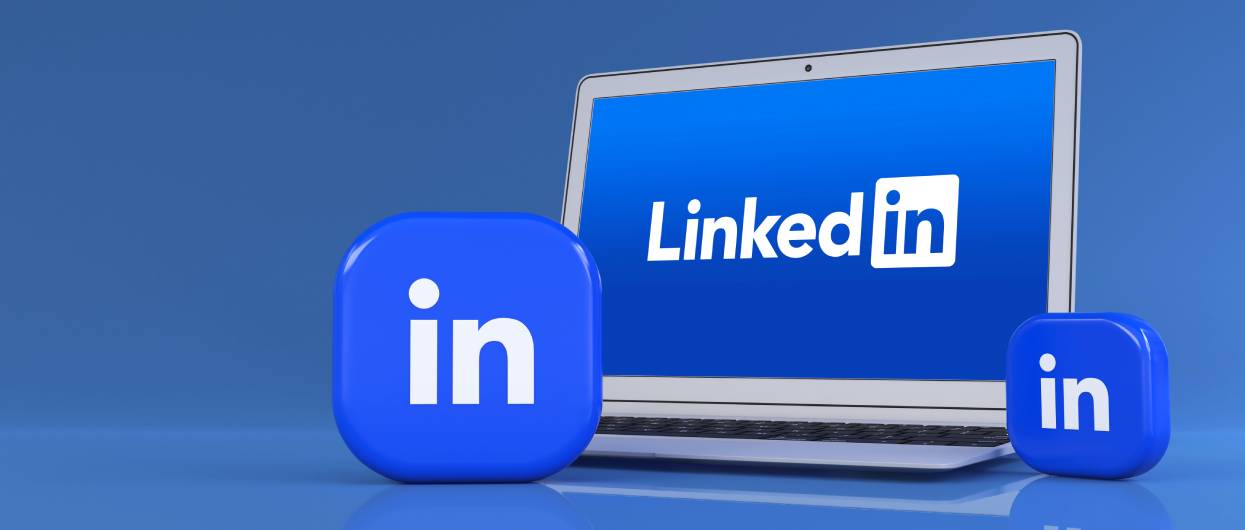 LinkedIn started as one of many other social networks when Facebook was booming. People were not in a rush to join this new platform because its concept was new. It promoted professional communication instead of casual friend requests, check-ins, and photo updates.
LinkedIn started as one of many other social networks when Facebook was booming. People were not in a rush to join this new platform because its concept was new. It promoted professional communication instead of casual friend requests, check-ins, and photo updates.
Nevertheless, today, LinkedIn is a perfect place that unites job seekers and recruiters and helps them meet.
It’s a safe platform for people interested in keeping abreast of industry news, sharing professional opinions, learning, and looking for a dream job.
This all makes LinkedIn more complex than just a regular social network. Knowing how to upload a resume on LinkedIn is not enough to receive communication requests and interview invitations. However, an understanding of LinkedIn basics will definitely help you create an impressive profile for yourself.
9 LinkedIn Basics Every Job Seeker Should Know
Here are a few tips on how to upload a new resume on LinkedIn and how to make your profile stunning for you to know before you start looking for positions.
Take Care of Your Picture
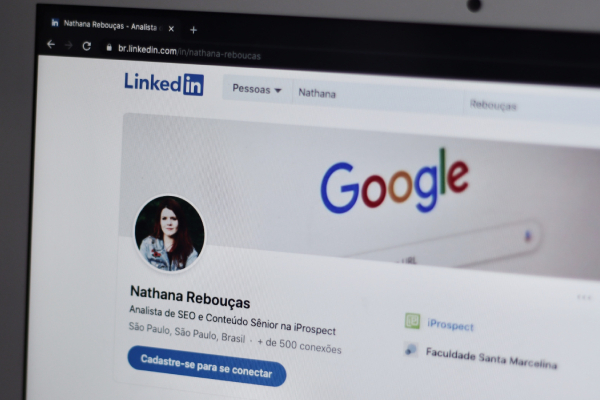
People love putting faces to messages and posts. So, if you have no headshot uploaded to your profile, it looks unfinished. Studies show that such profiles don’t get enough attention from recruiters. Some of them tend to avoid such accounts by all means.
It’s not a big deal to find a quality picture of yours with a big sincere smile or go and get it taken. Consider it an investment into your future career.
Having a good background picture is also important. It helps people understand what industry you belong to.
Take it seriously and try to make your profile look professional top to bottom.
Highlight Your Key Strengths
 A headline goes under your name. This part is strategically important as it helps recruiters find you. List your key strengths or a targeted professional title there to get more connection requests. Of course, all those competencies should be proved by the contents of your About and Professional Experience sections.
A headline goes under your name. This part is strategically important as it helps recruiters find you. List your key strengths or a targeted professional title there to get more connection requests. Of course, all those competencies should be proved by the contents of your About and Professional Experience sections.
Don’t write things like “looking for new opportunities” in this section because it’s perceived as selfish. You need to offer something first before you get to set your demands.
From this perspective, mentioning your current professional title won’t do any good, either. Instead, focus on three to four key skills and divide them with a bar.
Create a Great Summary
A LinkedIn summary is different from a resume summary. You can get more personal and employ a storytelling approach instead of keeping the style too formal.
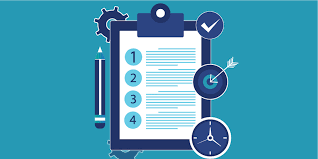 Explain what brought you to the field, why you do what you do, and what are your biggest achievements. Do not forget to include your key hard and soft skills here and there to make your profile stand out from the crowd.
Explain what brought you to the field, why you do what you do, and what are your biggest achievements. Do not forget to include your key hard and soft skills here and there to make your profile stand out from the crowd.
At the bottom, you may add a quick call to action inviting recruiters to message you directly if they have any interesting positions. Also, you may add a more detailed list of your specialties divided with bars.
Fill Out Your Professional Experience
You can either make your resume and LinkedIn consistent, copying the content of the latter into your profile, or change it. If you choose the second option, remember that LinkedIn only outlines an achievement. It’s the resume that details it.
If you choose to copy your resume into LinkedIn, take into account that apart from bullets, you can also write a detailed company description or explain your duties better. If you use different tools in every position, you can specify them in the job description as well.
Do not Forget about Education
The education section is essential for both your resume and LinkedIn. In the latter case, education is also a powerful networking point. You can easily grow your activity and followership by simply adding your alma-mater to the page. Also, do not forget to follow your university page and add it to the Interests section.
Also, make sure you add all relevant courses and training that you’ve got. You can land more interviews if you advocate for continuous learning.
Add Certifications
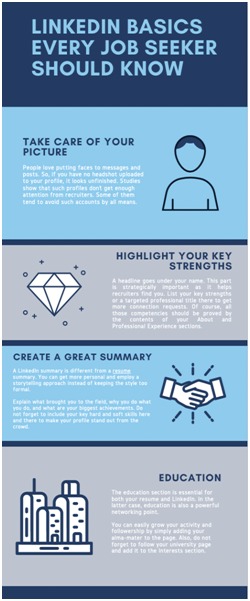
Any relevant certifications should be part of your LinkedIn profile. They are your achievements, so don’t ignore putting them in the special section.
However, relevance should still be your major concern. Make sure each of your certifications shows you as a professional interested in quality performance and continuous learning. It’s essential for building your personal brand.
Choose the Right Skills
Many people are tempted to add all the possible skills to their LinkedIn page. This strategy is entirely wrong. Your goal should be to keep your profile relevant and professional. After all, those skills are the main keywords on your account.
Also, remember that by adding those skills, you expect your colleagues to endorse you. They can’t do that if they didn’t see you apply those skills. So, keep in mind that you should only put those talents that can be potentially verified by colleagues.
Regularly Update Your Interests
Keep your interests updated because they help make your profile visible to people who you share something in common with. This is helpful when it comes to building your network and making your profile stand out to recruiters.
Be Open to Opportunities
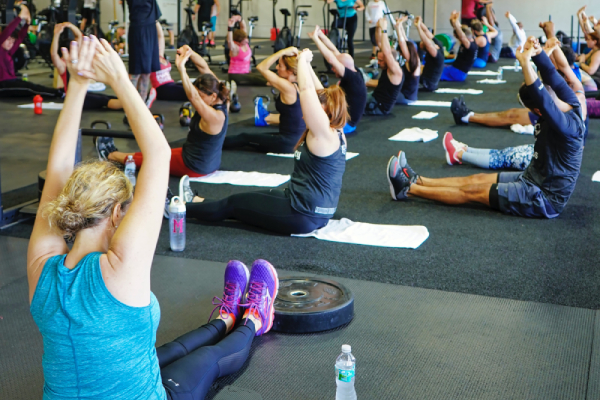 Phrases like ‘looking for opportunities’ or ‘seeking a new job’ are not welcome on LinkedIn. However, there is another way of signaling hiring people that you are open. You can say this directly using a special feature that allows choosing the positions and locations that you are especially interested in.
Phrases like ‘looking for opportunities’ or ‘seeking a new job’ are not welcome on LinkedIn. However, there is another way of signaling hiring people that you are open. You can say this directly using a special feature that allows choosing the positions and locations that you are especially interested in.
That’s it for now. If you follow these suggestions step by step, your LinkedIn profile should be good to go.
Thank you!
Subscribe to our newsletter! Join us on social networks!
See you!

